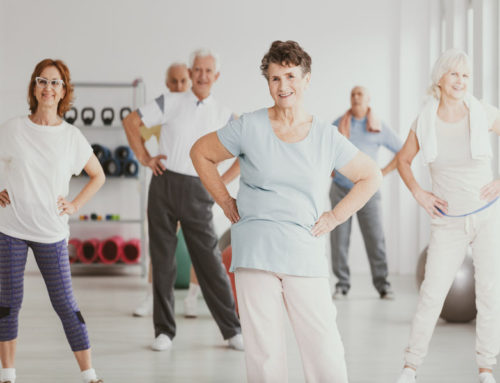Share This Story!
More Than A Pretty Sound
Music is such an essential part of most people’s lives that few individuals think about the various benefits that music can provide. Along with improving mood, music can also serve a functional purpose. Specifically, music has been linked to offering several benefits for seniors. In particular, a link has been discovered between learning a new instrument at an older age and improved overall mental health and memory. Find out how learning to play an instrument after age 60 can be beneficial.
1. Improving memory
Memory loss and forgetfulness are often viewed as inevitable side effects of growing older. However, the opposite is true. A recent study showed that individuals between the ages of 60 and 85 exhibited improved memory retention after six months of regular piano lessons.
2. Maintaining motor skills
Depending on the instrument, people can maintain fine motor skills. For example, playing an instrument such as the violin requires both hands to operate differently and triggers activity in both sides of the brain. Officially, the brain must rely on the peripheral nervous system to manage fine and gross skills as the fingers and arm may be operating simultaneously in different ways.
3. A good mood booster
Most people know that listening to music can boost mood. But a 2016 study found that learning to read music and play the piano can also help to boost mood. The study followed adults ages 65 and older who played music and a control group that did not. The study found that individuals who regularly played music reported higher self-esteem, a feeling of greater independence, and fewer feelings of isolation as compared to the control group. Additionally, music players in the study reported fewer feelings of stress, depression, and fatigue.
4. Increases opportunities to socialize
A concern many people have about seniors who live alone is the increased risk of feeling alone or isolated. But learning to play an instrument can be a great way for seniors to branch out and make new friends. Music can serve as an ice breaker and help build new relationships by encouraging a person to join a band or connect with fellow students in a music class.
Pick an instrument and get to it
Even if a person has never played an instrument, learning something new can be fun. Along with the feeling of accomplishment that comes with mastering a new skill, learning to play an instrument can aid in memory recall, improving mood, and maintaining both gross and fine motor skills. Why not pick an instrument and start learning today?





